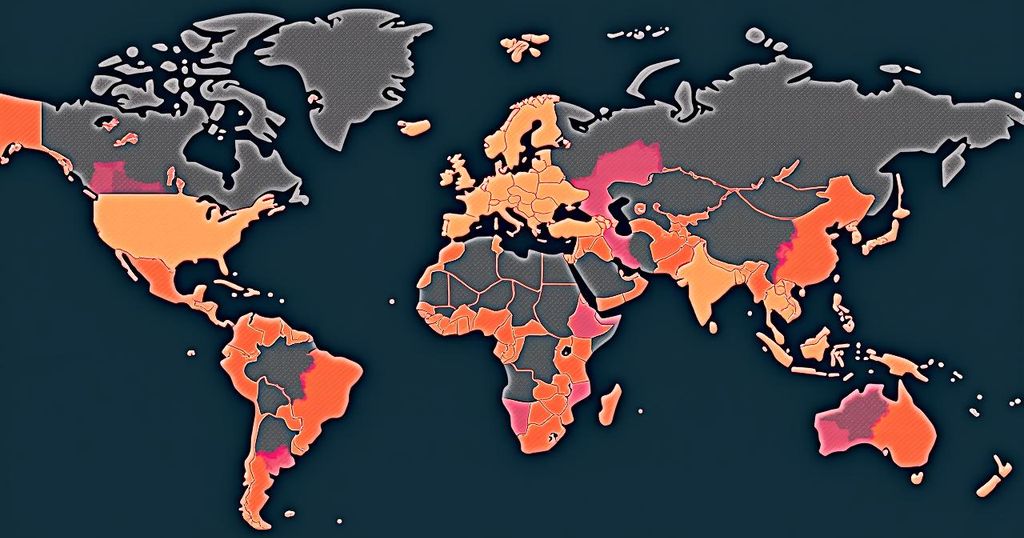Global Spread of Mpox: Recent Developments and International Response

The mpox virus has been confirmed in multiple countries, with notable cases reported in Sweden, Thailand, the Philippines, and Pakistan, alongside substantial outbreaks in 14 African countries. The WHO has declared a public health emergency due to the spread of a more virulent strain, Clade 1. Notably, the DRC remains the epicenter of the outbreak, with thousands of cases recorded.
The mpox virus has recently begun to spread internationally, with cases confirmed in countries far from its initial outbreak in East Africa. As of the latest updates, outside of Africa, four countries have reported mpox cases: Sweden, Thailand, the Philippines, and Pakistan. Within Africa, fourteen countries are dealing with confirmed infections. The World Health Organization (WHO) has categorized this situation as a “public health emergency of international concern,” highlighting the potential severity of the newly identified Clade 1 variant and its capacity for transmission through skin-to-skin contact. The mpox virus, which has circulated in Africa since 2022, originated in the Democratic Republic of the Congo (DRC). A new, more alarming variant, Clade 1b, was identified in 2023 in the DRC, which is currently experiencing the largest recorded outbreak with nearly 14,000 cases reported as of August. This outbreak poses a significant risk, particularly to children, who constitute 60% of infections. Despite the intensity of cases in Africa, other regions—including Asia and Europe—are now witnessing the arrival of these infections. The first case of the Clade 1b variant in Asia was confirmed in Thailand, associated with a traveler returning from Africa. In contrast, the Philippines reported a milder case linked to the Clade 2 variant. Sweden has confirmed a single case of the Clade 1 variant, marking the only mpox infection reported in Europe thus far. Overall, while the situation remains under careful surveillance, the potential for wider spread is present due to high levels of travel between continents. Future responses will likely focus on prompt diagnosis and robust public health measures to prevent further transmission, particularly given the recent uptick in cases.
Mpox, previously known as monkeypox, is an infectious disease that has resulted in annual outbreaks primarily in Africa. The current international attention stems from a new potential variant recognized as Clade 1, hypothesized to be more virulent than earlier strains. The initial outbreaks in 2022 primarily involved Clade 2, which spread mostly through sexual contact, but the emergence of Clade 1 raises new public health concerns. As of 2023, significant outbreaks, especially in the DRC, have raised alarms among global health authorities, prompting their engagement and public alerts to mitigate further spread.
In conclusion, the escalating cases of mpox, particularly with the emergence of the Clade 1 and Clade 1b variants, highlight the pressing global health challenge posed by this virus. Current observations indicate a rapid expansion of reported cases, notably outside Africa, necessitating vigilant public health measures and international collaboration to manage the situation effectively. Continued surveillance and contact tracing will be critical in limiting the spread of mpox as it affects countries around the world.
Original Source: www.aljazeera.com







